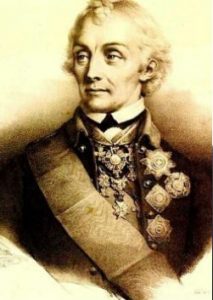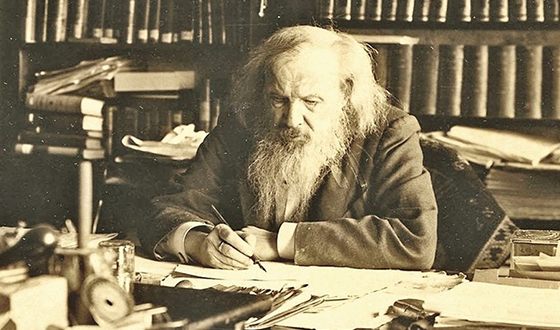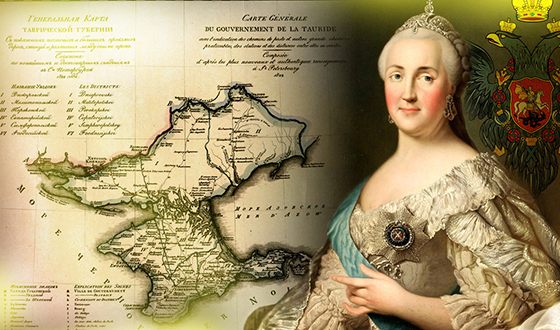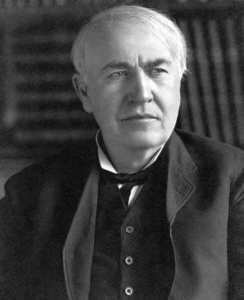Alexandr Suvorov
 Alexander Vasilyevich Suvorov – the most prominent military leader in national history and one of the most famous commanders in the world, an unsurpassed military theorist, a wise mentor, the author of the famous system of training troops.
Alexander Vasilyevich Suvorov – the most prominent military leader in national history and one of the most famous commanders in the world, an unsurpassed military theorist, a wise mentor, the author of the famous system of training troops.
The Generalissimo and the true national hero of Russia, who made her borders unbreakable, were also considered to be their liberator by the King of Sardinia, the head of the Holy Roman and Austrian empires. He did not know defeat during his nearly half a century of military activity. But in most of the 63 battles in which he participated in the service of Elizabeth I Petrovna, Catherine II and Paul I, the forces of the enemy were many times greater than the number of his troops.
MILITARY SERVICE
Alexander began his active service at the age of 17 as a private soldier, since the term of service did not come up yet. Only at the age of 24 he was made an officer – he received the rank of lieutenant, while many of his peers reached the rank of colonel or even wore generals’ epaulets. Due to his poor health, along with training in the cadet corps and independent study of foreign languages, he constantly tempered himself physically – he got up dark afterwards, doused with cold water, and rode horseback for training. In addition, he always was known as an eccentric – he could suddenly sing a rooster, jump on one leg. The capture of Kohlberg fortress by Russian troops in 1761 during the Seven Years’ War Read: Famous lesbians and their second half (photo) In the period 1754-1756. He was seconded to the 9th Ingermanland regiment of the Kiev Military District. Then for two years he served in the Military Collegium, and received his baptism of fire during the Seven Years War, when in 1759, at the head of the dragoon squad, he threw the enemy into flight. He also participated in the famous Battle of Kunersdorf, which ended with the defeat of the Germans, in the battle for the capture of Berlin, Golnau, in a number of other operations, each time showing courage, ingenuity and composure. In 1762, he was promoted to colonel and appointed commander of the Astrakhan regiment, and Catherine the Great presented him with a portrait in recognition of his achievements. In the period 1763-1769. he commanded the Suzdal regiment, participated in large maneuvers in the palace village of Krasnoe near St. Petersburg. In 1768, he was given the rank of brigadier, and in 1770, Major General. Alexander Suvorov did not know defeat during his nearly half a century of military activity. An important stage in his combat biography was participation in the Polish campaigns of 1768-1772 and 1974. In particular, in 1771 he was famous for his victory over the Confederates under the command of French General and Minister Dumouriez at Lanckorone . He also managed to show his military prowess in the same year in the battle of Stropovichi. The Polish army was then joined by their ally, Lithuanian hetman Gregory Oginsky with a 5,000-strong corps. And Suvorov, a certain field marshal Pyotr Rumyantsev in the reserve, disobeyed the order and with a detachment of 900 soldiers defeated the enemy. The commander in chief, outraged by insubordination, even brought the disobedient general to trial. He was saved from execution by Catherine II, her winged, verdict: “The winners are not judged.” In 1774, during the war with Turkey, the famous commander was called to suppress the Pugachev rebellion. Having shown his corporate identity – speed, onslaught and energy – he went for 9 days more than 600 versts along the edge ravaged by the rebels. By that time, the impostor had already been captured, and Alexander Vasilyevich escorted him to the capital. During the Russian-Turkish war in 1789, he participated in the victorious battles of Focsani and Rymnik
During the Russian-Turkish war in 1789, he participated in the victorious battles of Focsani and Rymnik, when the Austrians desperately asked for his support with the words “Save us”. After going to the aid of 100 kilometers in two and a half days, he attacked the enemy under the command of Yusuf Pasha, who had a 4-fold numerical advantage, and completely defeated. For this feat, he was granted the Order of St. Andrew the First-Called, the Count of Dignity of the Holy Roman Empire, a sword engraved with “The Winner of the Supreme Vizier”, the title “Count Suvorov-Rymninsky” and the Order of St. George of the 1st degree. The capture of Ismail Suvorov
The storming of Ishmael, conducted on December 24, 1790 during the Russian-Turkish war, was a brilliant testimony of the commander’s genius of the general. It lasted about 10 hours and ended with the capture of an impregnable citadel. After the victory, the empress ordered to issue a special award in honor of Suvorov for taking the fortress and established a soldier’s medal for the distinction during the assault and an officer’s cross with the inscription “For excellent bravery”. This date was subsequently celebrated as the Day of Military Glory of Russia. Alexander Suvorov’s book “The Science of Victory” For the suppression of the Great Polish uprising of 1974, an outstanding military leader deserved the rank of Field Marshal.


